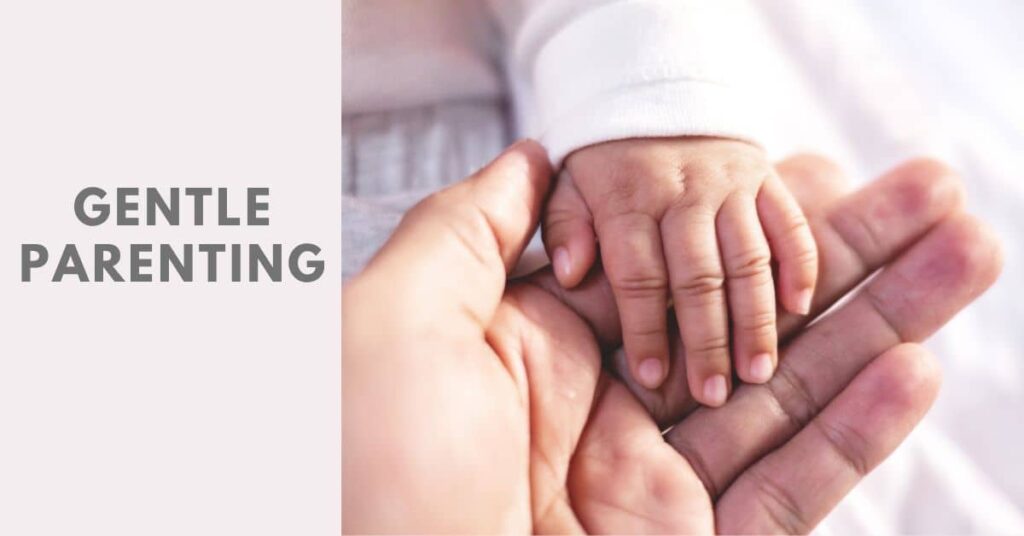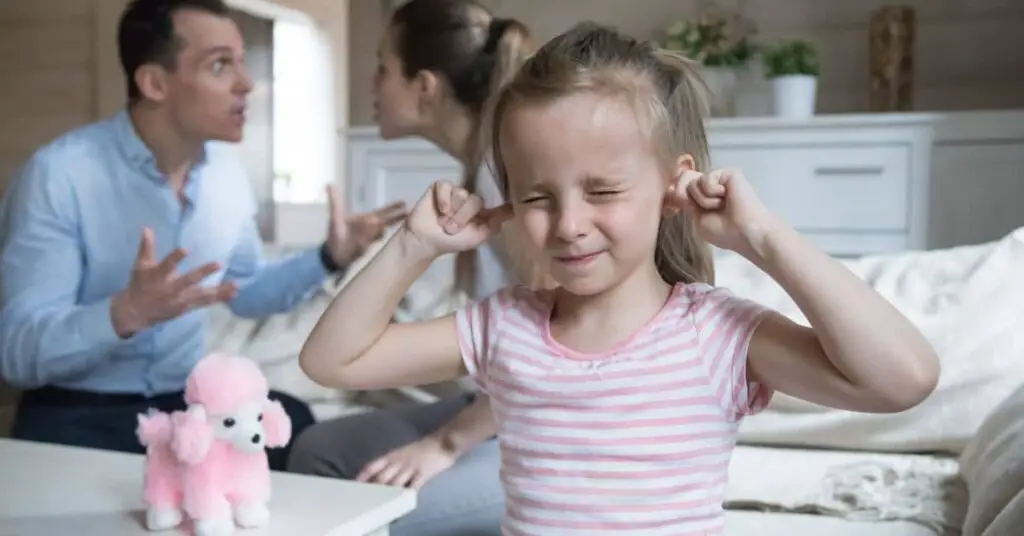Raising children is a profound journey filled with life lessons that extend far beyond the practical aspects of keeping kids fed, clothed and cared for each day. Movies offer a meaningful way to gain valuable insights and start thoughtful discussions about the deep joys and challenges of parenthood.
Whether you’re looking for entertainment, education or simply a chance to reflect on your own experiences, there are many films that explore parenting from a variety of perspectives. This article highlights some of the best movies in different genres, along with their key themes and messages about what it really means to be a parent.
Comedy: Finding Humor and Heart in Parenting Struggles
Comedic films about parenting tap into the humorous moments of child-rearing, but they also highlight the love, sacrifices and life lessons that come with it. Some recommended comedic parenting movies include:
Mr. Mom (1983)
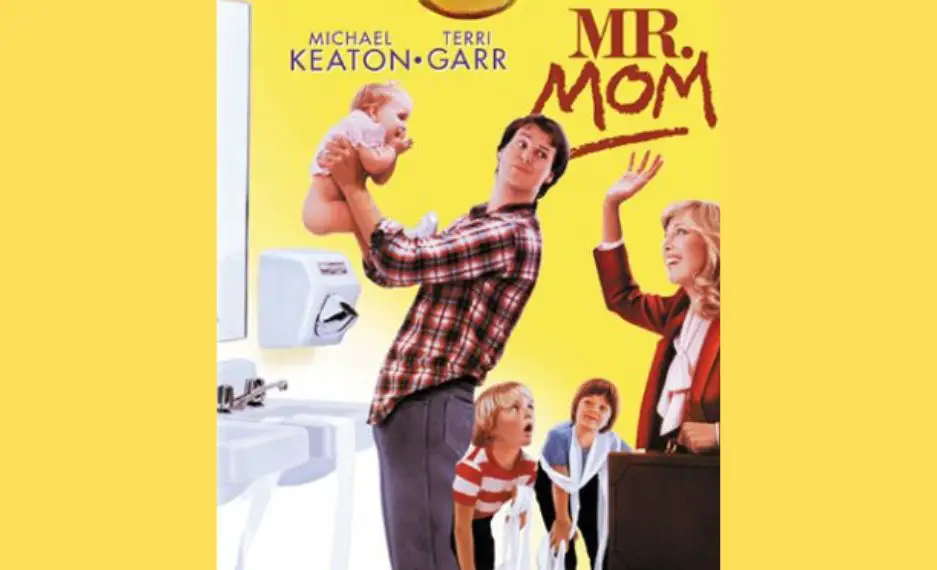
After losing his job, Jack takes on the role of stay-at-home dad while his wife Caroline becomes the breadwinner. This flip in traditional gender roles leads to both comedic mishaps and sweet realizations about the challenges of domestic life and child-rearing.
As Jack navigates the ups and downs of managing the household, he gains a whole new appreciation for the work his wife has been doing. Caroline also comes to recognize her husband’s many sacrifices and talents in his new role. Though the situation is far from ideal, they learn to adapt together with humor and love.
Key message: Appreciating each other’s contributions and learning to adapt to life’s changes together. When life doesn’t go as planned, approach challenges with an open and willing spirit. Recognize that there may be gifts hidden within difficulties.
Parenthood (1989)
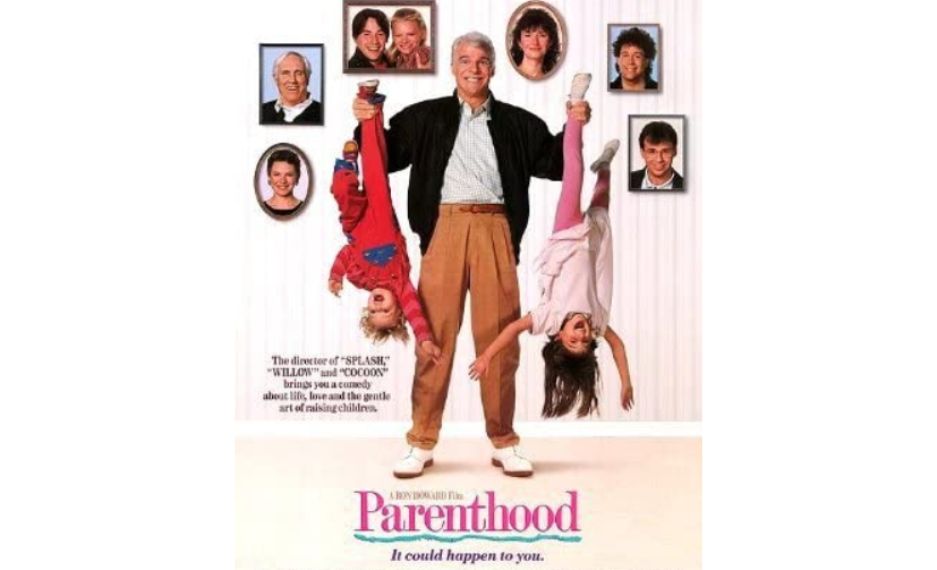
This comedy-drama follows four siblings in the Buckman family as they each navigate parenting and life. It highlights the humor in both the little moments and bigger crises that come with raising children, all while reinforcing the importance of open communication, unconditional love and embracing imperfections.
Gil struggles with his son’s behavioral issues; Helen deals with her rebellious daughter and worrywart son; Susan feels unfulfilled as a stay-at-home mom; and Larry shows up unexpectedly with a son from a past relationship. Through it all, the Buckmans learn that there is no perfect parent or child. They discover the need to accept each other, support one another, and work through challenges together with patience and humor.
Key message: Parenting is messy but profoundly rewarding, especially with the support of family. Communicate openly, embrace imperfections and approach child-rearing as a team effort.
Mrs. Doubtfire (1993)
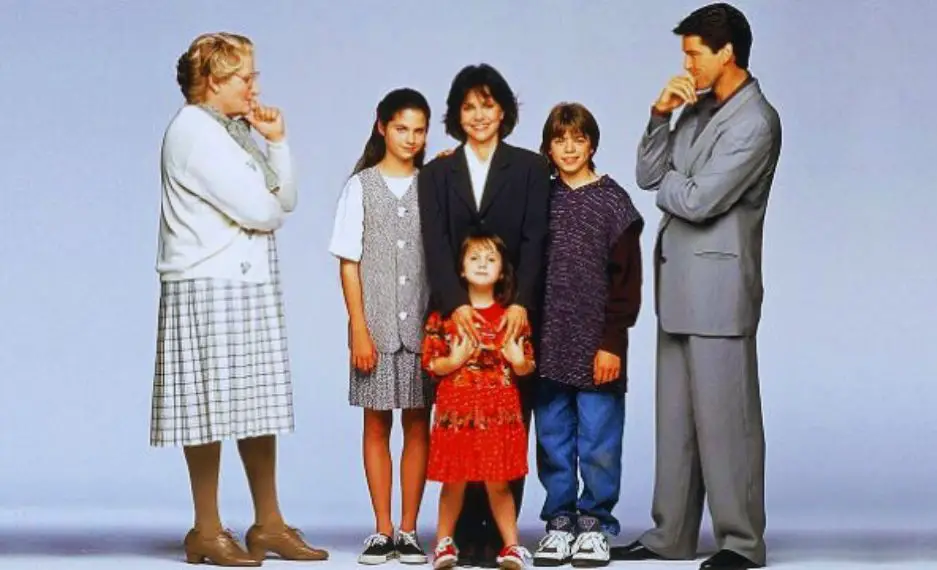
After a divorce, an estranged father poses as a Scottish nanny to secretly spend time with his children. While comedic chaos ensues, the story reinforces the power of parental love and the importance of honesty and compromise in co-parenting.
Daniel Hillard is devastated when his divorce from Miranda results in losing custody of his three children. Unwilling to lose them, he disguises himself as the kindly Mrs. Doubtfire to remain in their lives. However, he soon discovers that deception is not the answer and comes clean to his family. Though the road is difficult, Daniel and Miranda learn to put their differences aside for the sake of their children and the deep bond they continue to share.
Key message: Children need both parents in their lives, even if a marriage ends. With honesty, empathy and a willingness to compromise, co-parenting can be successful after divorce. Put children’s needs first and make the choice to work together.
Cheaper by the Dozen (2003)
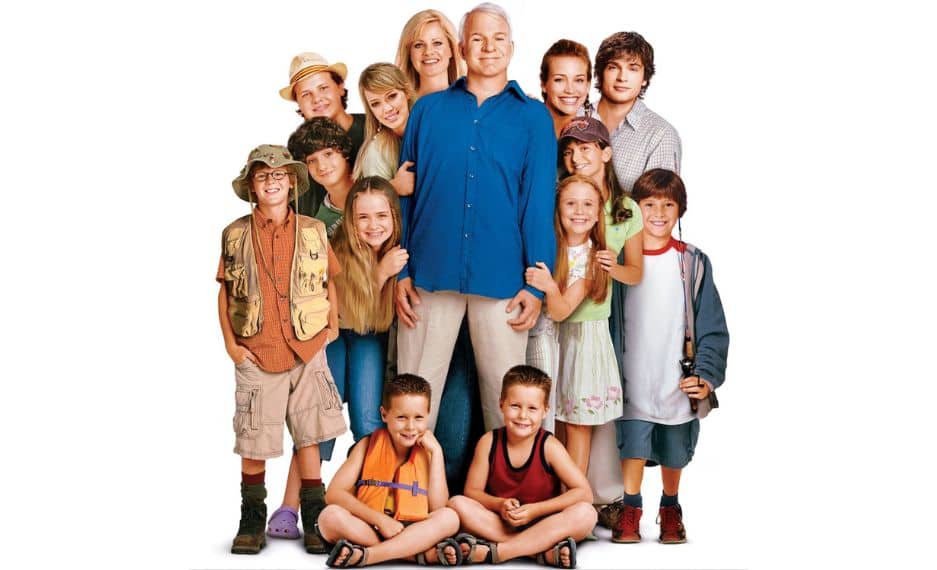
With 12 children and demanding careers, Tom and Kate Baker’s home descends into comedic pandemonium as they try to balance work and family life. However, the story highlights how teamwork, cooperation and togetherness help the Bakers overcome any challenge.
Between Tom coaching football, Kate publishing a new book and both of them juggling the chaos, life moves at a frenetic pace in the Baker household. But when work threatens to divide the family, they discover the importance of making time for each other. For the Bakers, parenting is a team effort that requires patience, love and learning to coordinate each chaotic day together while appreciating the little moments of profound joy along the way.
Key message: Parenting a large family, while chaotic, can be profoundly rewarding. Communication and making time for what really matters are keys to success. Rally together, set priorities as a team and find the humor in imperfection.
Comedic films remind us not to take ourselves too seriously as parents, but they also highlight the deep love, life lessons and meaningful moments that make the challenges worthwhile. Laughter helps us cope, but connection is what really counts.
Drama: Confronting Hard Truths and Parenting Crisis
While comedies take a lighter look at parenting, dramas delve into the emotional complexities, conflicts and crises that shape families. Some powerful, thought-provoking dramas about parenting include:
Kramer vs. Kramer (1979)
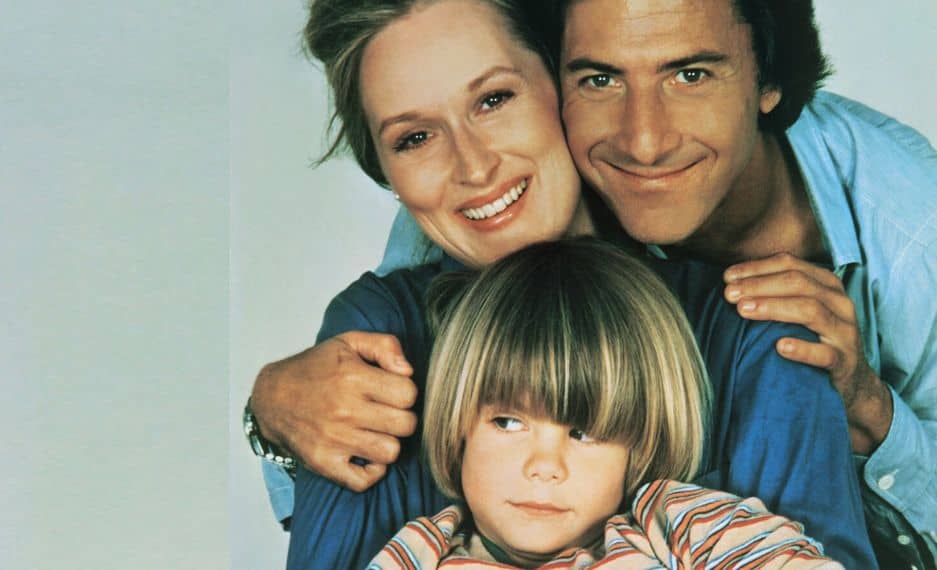
After a divorce, Ted is left to raise his young son Billy alone. But when his ex-wife returns and sues for custody, Ted must fight to keep his son. This film highlights the painful effects of divorce and custody battles on children, reinforcing the need for parents to put children’s wellbeing first.
Caught up in work and his new life as a single man, Ted is ill-equipped to care for Billy when Joanna first leaves. But over time, he comes to embrace the challenges of single parenting, developing a close bond with his son in the process. When Joanna returns and seeks custody, Ted is heartbroken at the thought of losing Billy. In the end, they realize Billy’s happiness must come before their own interests.
Key message: The bond between parent and child is unbreakable, even when relationships end. Make sacrifices, learn from mistakes and work to build trust. Children’s wellbeing should be the priority.
The Pursuit of Happyness (2006)
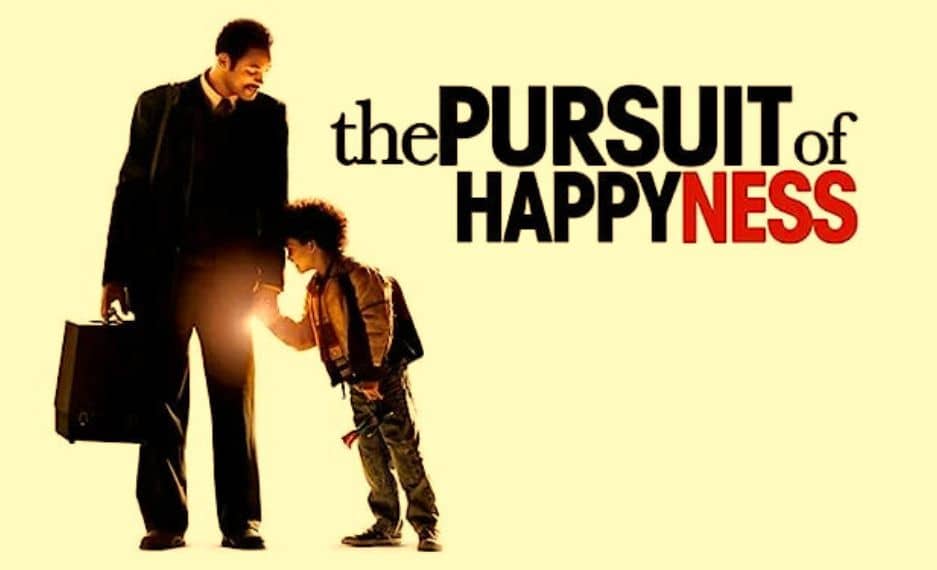
Based on the true story of Chris Gardner, this film follows a homeless father’s struggle to build a better life for himself and his young son. It’s a testament to the power of perseverance, optimism and parental love in overcoming immense adversity.
When Chris loses his job, homelessness and financial struggles threaten to tear his family apart. But Chris refuses to give up hope for a better future. Through determination and sacrifice, he perseveres in pursuing his dream of becoming a stockbroker while caring for his young son. Chris shows what a parent will do for their child and that hard work and faith in yourself can make the impossible possible.
Key message: Parents are their children’s first role models, and with hard work and determination, you can achieve your dreams. Never give up hope, believe in yourself and keep going for the sake of your family.
Lion (2016)

After being separated from his family in India as a child, Saroo is adopted and raised by an Australian couple. But as an adult, he embarks on an inspiring journey to find his lost family and reunite with his roots. This film highlights the meaning of identity, belonging and the unconditional bond between both biological and adoptive families.
Though Saroo finds love and opportunity in his adoptive home, he never forgets where he came from. When modern technology enables him to locate his native village, he travels to India in search of answers about his biological family and his place in the world. What he discovers is that he has not one but two families who love him deeply. Saroo’s quest highlights the innate human need to understand who we are and where we came from in order to forge ahead into the future.
Key message: Understanding our roots and remembering those who came before us gives life deeper meaning. We must reconcile the past to move forward together. Love knows no bounds, and everyone deserves to know where they belong.
Marriage Story (2019)
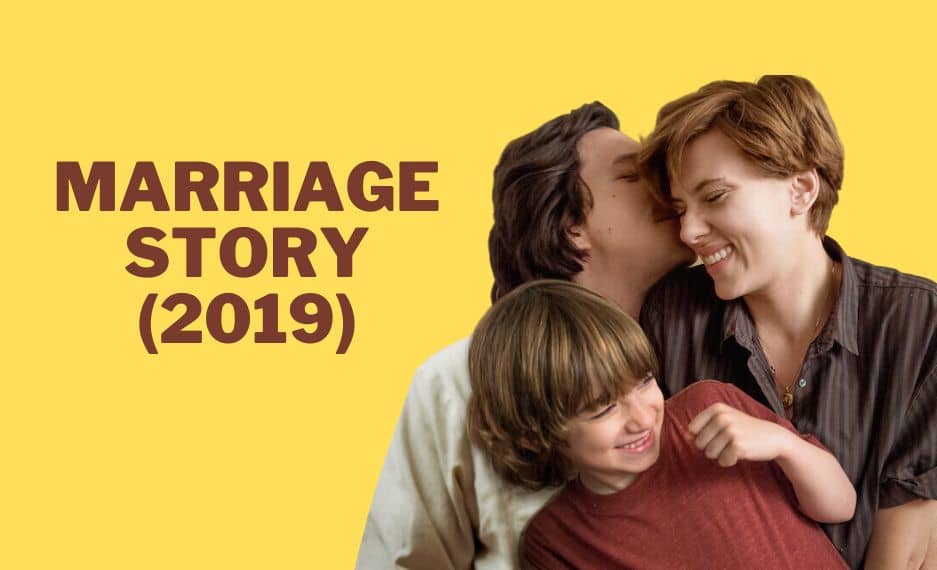
This film offers a poignant look at the complexities of marriage and divorces through the story of Charlie and Nicole Barber’s separation. It highlights the profound impact of divorce on children and reinforces the need for empathy, respect and compromise in co-parenting.
As Charlie and Nicole navigate the legal complexities of their divorce, they descend into bitter conflict over custody of their son Henry and control of their lives. However, they come to realize this will only make the situation much worse for their child. With compassion and willingness to listen, they put aside their differences to focus on Henry’s wellbeing. Though divorce brings the marriage to an end, they discover their roles as parents will forever bind them together.
Key message: Relationships change but children remain the priority. Approach divorce with empathy, respect your shared responsibilities as parents and put aside differences to make choices in the best interests of your children.
Dramas reflect the raw and emotional realities of parenting, from adversity to heartbreak and back again. But they also highlight the resilience of human love and connection that help families overcome even the darkest of days.
Animation: Whimsical Lessons from Imaginative Worlds
Animated films tap into the imaginative realm of parenting and childhood. They convey meaningful life lessons through creative storytelling and whimsical worlds that appeal to both children and adults. Some heartwarming animated films with lessons for parents include:
Finding Nemo (2003)
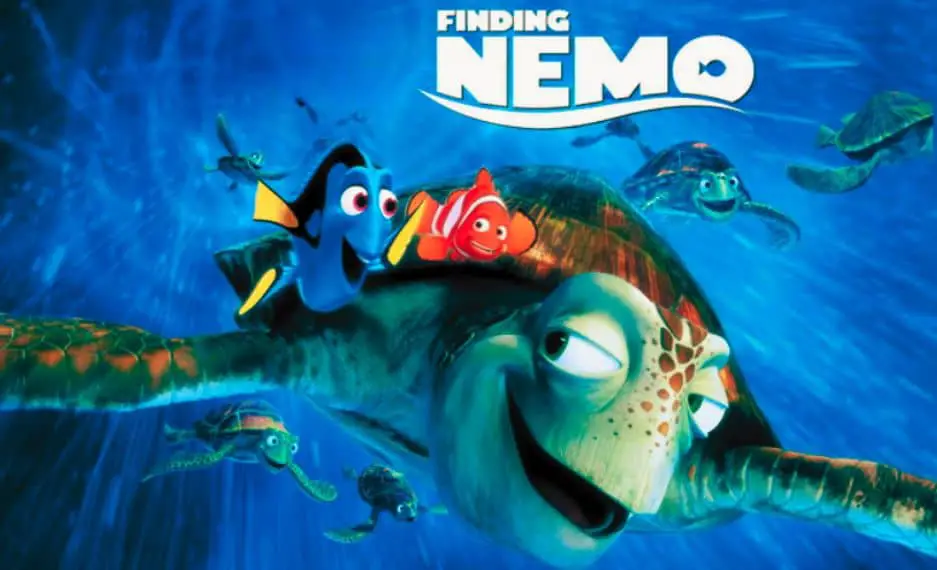
Finding Nemo is a heartwarming story of a father’s love and learning to trust. Marlin, an overprotective clownfish, embarks on a journey to find his son Nemo, who was captured by humans. Along the way, Marlin learns to overcome his fears and appreciate the help of new friends. He realizes that he must give Nemo more freedom to explore, while still protecting him.
The movie highlights the importance of finding the right balance of guidance and independence in parenting. Marlin starts out keeping Nemo confined to their anemone, but comes to see that he cannot shield Nemo from every harm. He allows Nemo to attend school, where he is eventually captured.
However, with the help of Dory and other sea creatures, Marlin traverses the ocean to save Nemo, all while gaining self-confidence and facing his own limitations.
In the end, Marlin finds Nemo and realizes his son is capable and resilient. Marlin apologizes to Nemo for being overprotective, and allows him independence. The movie shows parents that we cannot prevent all risks to our children, but with courage and support, we can overcome obstacles together.
The Incredibles (2004)

The Incredibles shows the value of embracing your special talents and working as a family. The story follows a family of superheroes living undercover as a normal family. When the father, Mr. Incredible, is called on a secret mission, his family must band together to help him and ultimately save the city.
The movie teaches that each family member is unique and special in their own way. Mr. Incredible struggles with no longer using his super-strength, while his wife Elastigirl stretches to manage the household. Their children, Violet and Dash, have powers of invisibility and speed, respectively, but try to fit in with normal kids.
However, when they come together to rescue Mr. Incredible, they realize each power is necessary and complementary.
It also shows the power of teamwork and cooperation between family members. Although Mr. Incredible initially works alone, he comes to see that his family’s support and partnership are essential to success. The Incredibles highlights that embracing each other’s strengths and talents leads to the most powerful team.
Inside Out (2015)
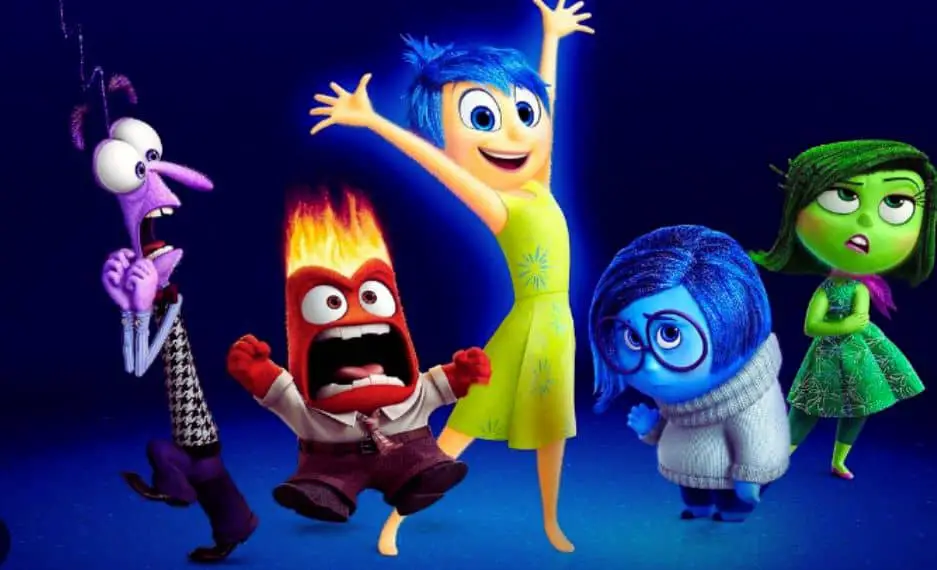
Inside Out provides insight into the emotional lives of children. The story takes place in the mind of Riley, a girl struggling with a move to a new city. Her emotions—Joy, Sadness, Anger, Fear, and Disgust—go through ups and downs trying to guide her.
The movie helps parents understand that a child’s emotions are complex, and that feelings of sadness and anger are normal and even important. When Joy and Sadness go missing, Riley experiences mood swings and outbursts as only her more negative emotions remain. However, Joy comes to realize that Sadness is vital to allow Riley to grieve the loss of her friends and adjust to her new home.
It teaches the value of empathy, patience, and providing a supportive environment for children to work through difficult emotions. Riley’s parents struggle with her changes in behavior, but ultimately comfort her and allow her to freely express how she feels. Inside Out shows that a mix of emotions is healthy, and that parents should listen without judgment to help children cope.
Coco (2017)
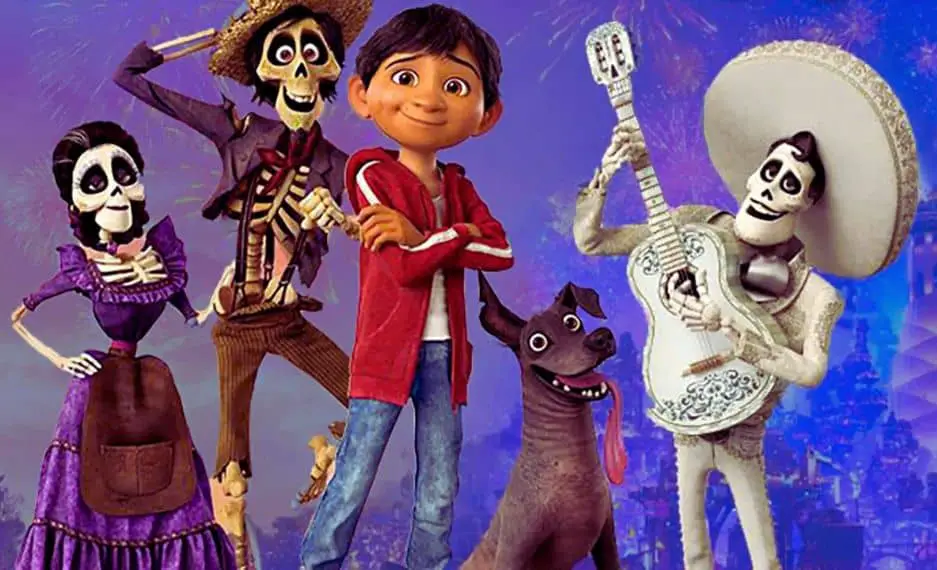
Coco explores culture, family, and following your dreams. Miguel, a 12-year-old boy in Mexico, dreams of becoming a musician, but his family has banned music for generations. Miguel accidentally enters the Land of the Dead, where he meets his ancestors and learns the importance of honoring family and culture.
The movie shows that while tradition is important, parents must also support children in pursuing their passions. Although Miguel’s family initially forbids him from playing music, they come to accept it as a vital part of his identity. Miguel learns to respect his family’s history while staying true to himself.
It highlights the power of forgiveness and coming together. When Miguel’s great-great-grandfather sacrifices his return to the living world so Miguel can go back, Miguel is able to reconcile his family and convince them to share in his love of music.
The movie depicts how parental support in developing one’s gifts and embracing diversity can lead to a more vibrant, connected family.
In summary, movies provide a look into the triumphs and struggles of parenting in a way that both entertains and educates.
The films Finding Nemo, The Incredibles, Inside Out, and Coco in particular illustrate lessons around finding the right balance of protection and freedom, embracing each other’s talents, understanding a child’s emotional needs, and supporting their dreams while honoring family and culture.
We hope these films inspire you to reflect on your own parenting journey and try new strategies to bring your family closer together. Movies offer a shared experience that can spark meaningful conversations and connect us through the stories of others.

I’m Mithun Debnath, a dedicated dad and the founder of Papa Parenting. I’m here to share my parenting journey, tips, and insights to make your life as a parent a little easier. Join me as we navigate the adventures of fatherhood together.

